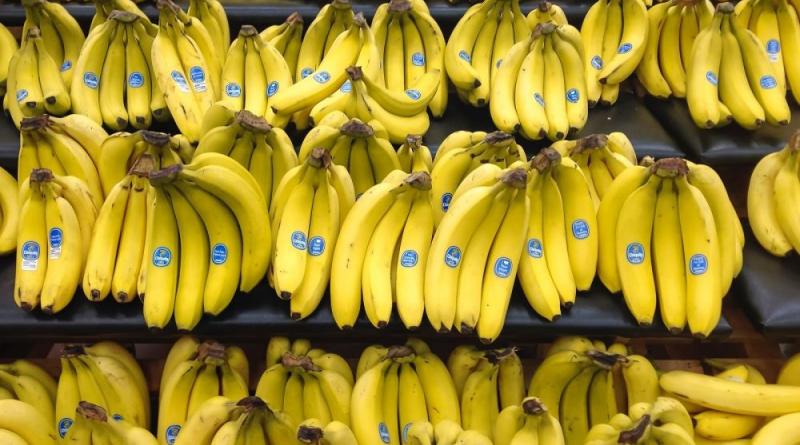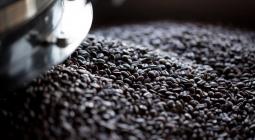Climate change could cause significant decline in banana production.

A new study from the University of Exeter sheds light on future global banana production, saying that many countries will see significant crop yield decline due to the changing climate, although some countries will benefit from larger crop yields.
The study examines 27 countries, accounting for 86 percent of dessert banana production globally, to deliver nuanced model-based predictions on global banana production.
Bananas are an important global crop providing vital nutrition for millions, and forming an indispensable part of many tropical nations' economies. Despite this, research on food security tends to focus on the responses of main food grain crops to climate change, so this study, led by Dr Dan Bebber, supplies crucial insights.
Since 1961, production has increased throughout the countries investigated due to a changing climate providing more favourable growing conditions.
However, this is set to change if the climate crisis continues as expected; these global yield gains will reduce or disappear by 2050 due to declining yields from the largest producing and exporting countries.
India, which is simultaneously the world’s largest producer and consumer, and Brazil, the fourth largest producer, are among the 10 countries expected to suffer badly with drops in crop yield.
This being said, some countries (particularly Ecuador, the largest exporter, and producers in Africa) will continue current patterns of increasing yields.
Dr Bebber, a Senior Lecturer in Biosciences at the University of Exeter, says “We’re very concerned about the impact of diseases like Fusarium Wilt on bananas, but the impacts of climate change have been largely ignored. There will be winners and losers in coming years, and our study may stimulate vulnerable countries to prepare through investment in technologies like irrigation.”
These predictions have far reaching implications for the global economy as bananas represent the most exported fresh fruit - Britain buys over 5 billion bananas a year. The future changes in production patterns need to be met with innovation and investment to manage the crop’s sensitivity to the changing climate.
Dr Varun Varma, Research Fellow at the University of Exeter: “An open exchange of ideas is going to be critical going forward. We believe practical solutions already exist, but these are scattered across banana producing countries. This knowledge exchange needs to start now to counteract predicted yield losses due to climate change.”
Dr Bebber underlines the economic value of the study, stating that “It is imperative that we invest in preparing tropical agriculture for future climate change”.
Read the full report here.
3 September 2019
Climate Action



